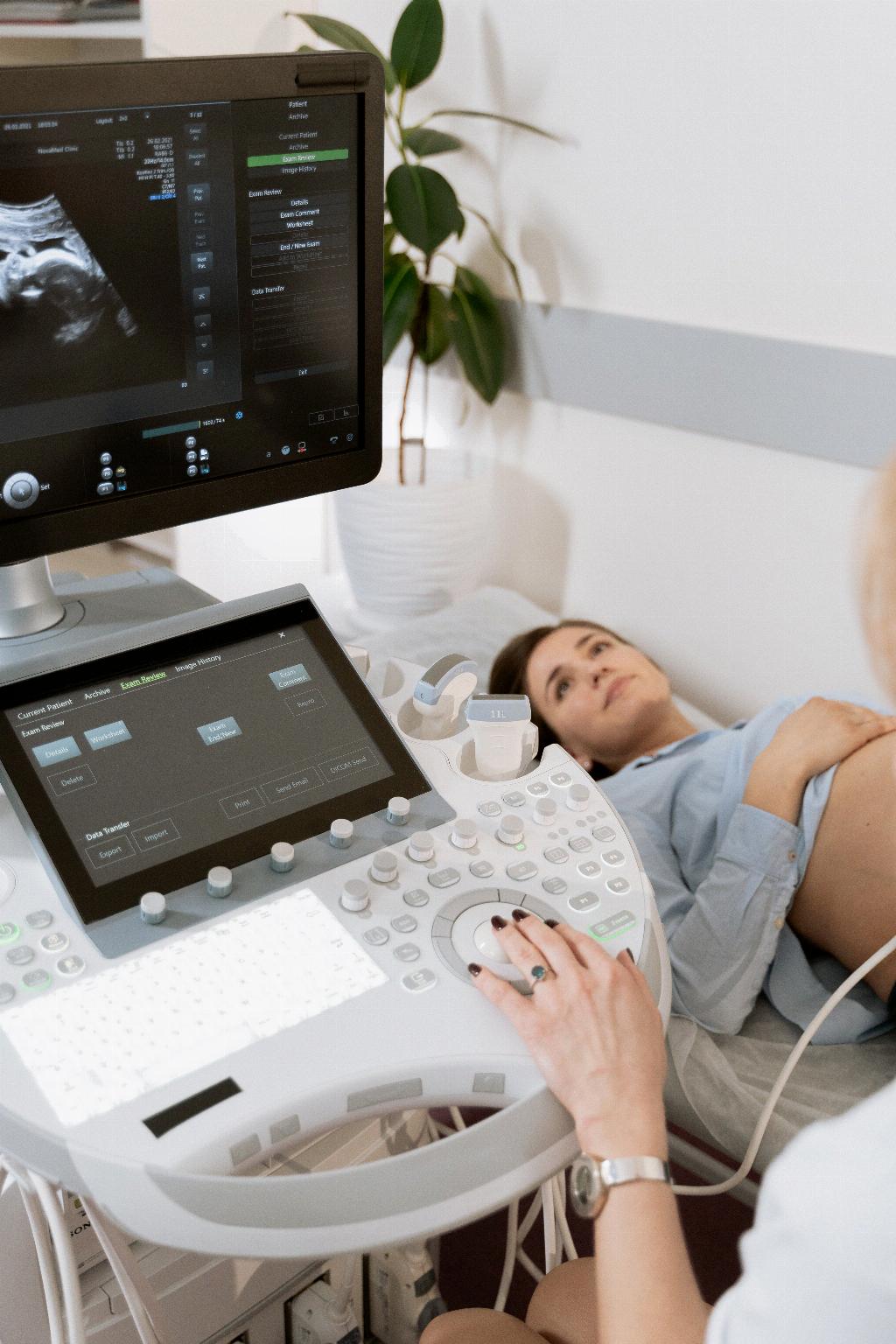Abdominal ectopic pregnancy is a rare and potentially life-threatening condition where the fertilized egg implants outside the uterus, usually in the abdomen. This type of ectopic pregnancy accounts for only 1 in every 10,000 pregnancies, making it a highly uncommon occurrence.
Risks and Challenges
One of the significant risks associated with abdominal ectopic pregnancy is fetal mortality, which can be as high as 40% to 90%. The fetus faces challenges in this abnormal implantation site that can result in a higher likelihood of complications and adverse outcomes.
Birth Defects
In cases where the baby survives after an abdominal ectopic pregnancy, there is a noted occurrence of birth defects in approximately 21% of these infants. These defects are believed to be linked to the compression of the fetus due to the lack of the protective amniotic fluid environment.
Intervention and Treatment
Early detection and intervention are crucial in managing abdominal ectopic pregnancies. Surgical removal of the ectopic pregnancy is often necessary to prevent further complications and reduce the risks to the mother’s health.
Survival Rates
When it comes to the survival rate for abdominal ectopic pregnancies, the statistics paint a challenging picture. With fetal mortality rates ranging from 40% to 90%, the chances of the fetus surviving in this atypical location are significantly lower compared to a normal intrauterine pregnancy.
Medical Management
Despite advancements in medical technology and surgical techniques, the management of abdominal ectopic pregnancies remains a complex issue. Healthcare providers must carefully assess each case and tailor their approach to ensure the best possible outcome for both the mother and the baby.
Long-Term Implications
The aftermath of an abdominal ectopic pregnancy can have lasting effects on the physical and emotional well-being of the mother. The experience of dealing with such a rare and high-risk pregnancy can leave a lasting impact on the entire family.
Support and Counseling
Given the challenges and uncertainties surrounding abdominal ectopic pregnancies, it is essential for patients and their families to receive adequate support and counseling. Emotional support and guidance can help individuals navigate the complexities of this unique medical situation.
Research and Awareness
Further research and awareness initiatives are needed to shed more light on abdominal ectopic pregnancies and improve the overall understanding of this condition. Increased awareness can lead to earlier detection and better management strategies.
Conclusion
In conclusion, the survival rate for abdominal ectopic pregnancies is notably lower compared to traditional intrauterine pregnancies. With fetal mortality rates ranging from 40% to 90% and a significant risk of birth defects in surviving infants, managing this rare condition requires a multidisciplinary approach and specialized care.

